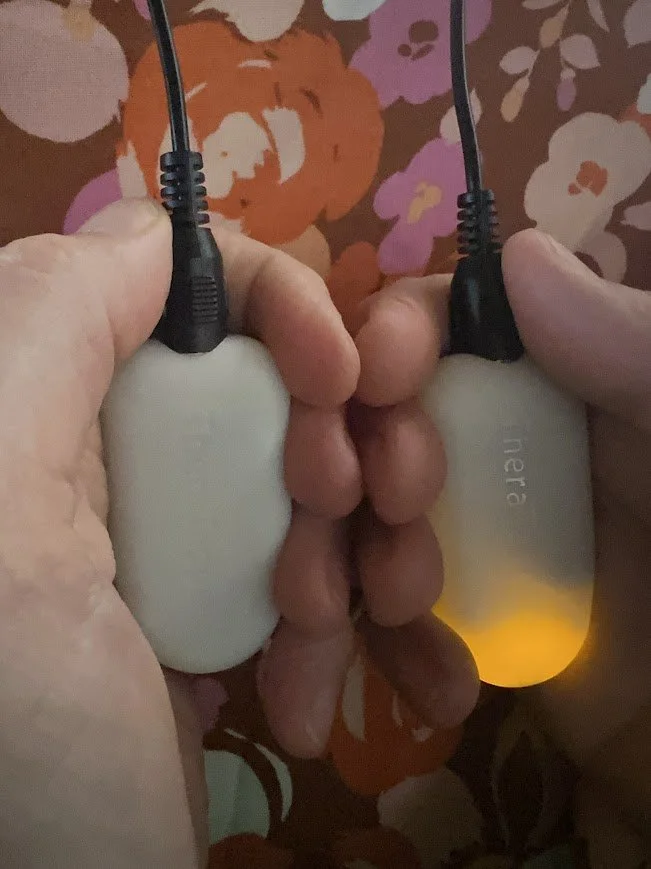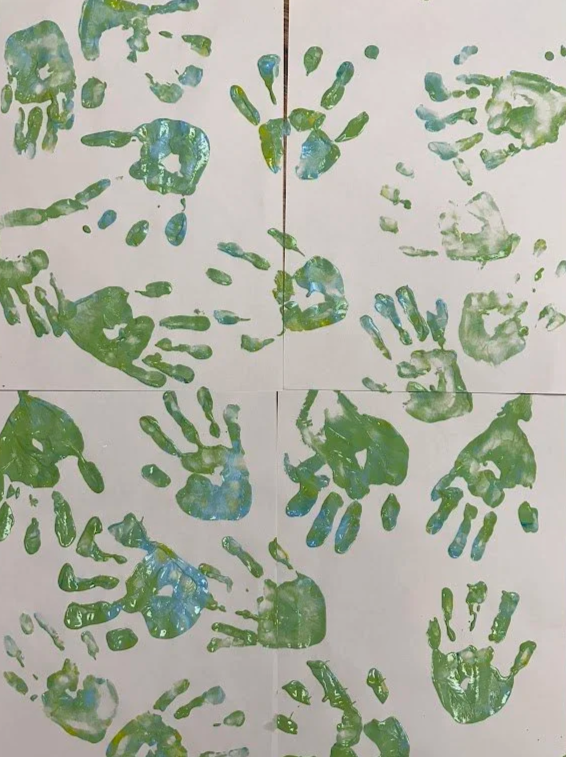
EMDR
EMDR (Eye Movement Desensitisation and Reprocessing) helps process distressing or “stuck” experiences that persist as memories, emotions, or reactions. Traumatic or overwhelming experiences can disrupt how the brain processes information, leading to ongoing distress. This reduces their intensity, making them easier to manage while remaining part of one’s story.
Sam is a qualified EMDR practitioner and member of EMDRAA (EMDR Association of Australia), providing both standalone EMDR psychotherapy and combined EMDR with Arts Psychotherapy. Therapeutic support for each client is personalised and neuro-inclusive, emphasising respect for each individual’s pace, needs, and life experience. Through bilateral stimulation, creative techniques, imagery, and gentle storytelling, Sam supports her clients in processing stuck or trapped emotions within a secure, trauma-responsive environment.
What does EMDR treat?
EMDR (Eye Movement Desensitisation and Reprocessing) is an evidence-based therapy developed in the late 1980s by psychologist Dr Francine Shapiro. While originally used to treat Post-Traumatic Stress Disorder (PTSD), EMDR is now widely used to support people with a broad range of experiences, including:
PTSD and complex trauma (CPTSD)
Anxiety and panic disorders
Phobias and fears
Grief and loss
Childhood or attachment trauma
Low self-worth and negative beliefs
Sensory or emotional overwhelm
Medical or birth trauma
Stress and burnout
Behavioural and emotional difficulties in children
The effectiveness of EMDR comes from its capacity to help the brain reprocess ‘stuck’ experiences. Over time, these memories no longer provoke overwhelming or triggering reactions. This process supports emotional regulation and strengthens inner resilience, allowing individuals to move forward with greater ease and confidence.
How long does EMDR take?
The duration of EMDR therapy varies with individual needs and the complexity of the issues addressed. Some people notice improvements after even one session, whereas complex or long-term difficulties may require several months of treatment. Sessions typically last 60-90 minutes. An initial assessment helps create a personalised plan suited to your goals and plan the frequency of sessions
Is EMDR right for me?
If you’ve experienced something that still feels like it resides in your body, influences your emotions, or appears in your daily life in ways you don’t always understand, EMDR might be a helpful choice. It can support people with diverse brains and bodies and be tailored for individuals in safe, affirming ways.
EMDR & Creative Arts Psychotherapy
EMDR and Arts Psychotherapy integrate naturally, supporting healing in creative, embodied, and more-than-verbal ways. EMDR assists the brain and nervous system to safely reprocess experiences that may feel stuck or overwhelming, using techniques such as tapping, eye movements, rhythmic movement, or bilateral drawing. Arts Psychotherapy offers a creative and expressive space where thoughts, emotions, and sensations can be explored without relying solely on spoken language.
Together, these approaches support regulation, expression, and integration at a pace that feels safe and manageable. This combined pathway is neuro-inclusive and highly adaptable, providing meaningful support to individuals with diverse communication styles, sensory needs, learning profiles, and information processing styles. This can be particularly supportive for those who find purely verbal therapy demanding or inaccessible, offering a steady, client-led approach that honours each person’s way of making sense of their experiences..
Sam provides attuned, individually tailored therapy that supports people of all ages and abilities in the ways their minds and bodies process information most effectively.
Bookings and Enquiries
EMDR sessions are available at HEARTH Therapy Studios or online via a secure video platform. To enquire about availability or to explore whether EMDR might be right for you or your child, you’re welcome to contact Sam for an informal, commitment-free conversation.




